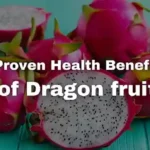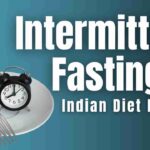In 2022 the world attained its highest population mark of 8 billion on the planet Earth. And on the other hand, about 10 million people die every year due to high blood pressure [21]. If a person is genetically predisposed, then it can be understood, but an interesting number of high blood pressure patients are not genetically predisposed but due to unhealthy lifestyles, stress, etc. It can be prevent if you get to know Symptoms of Hypertension.
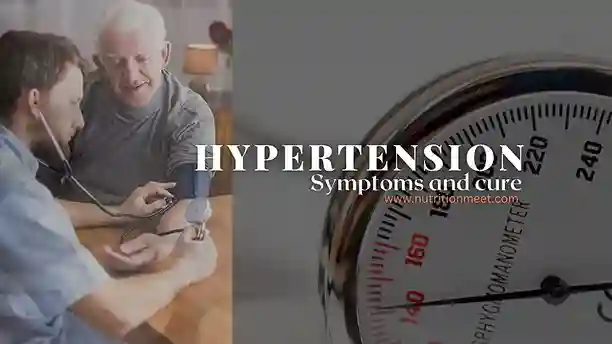
Hypertension is when the blood pressure in your arteries is too high, which can increase your risk of stroke, heart failure, and kidney failure. But the good news is that this can be treated to reduce your risk; you can change your diet by cutting out processed foods and eating more fruits and vegetables. Regular exercise is also essential for keeping your blood pressure in check.
Table of Contents
What is hypertension?
Hypertension is a condition in which the systolic blood pressure (SBP) value is equal to or more than 130 mmHg and/or diastolic blood pressure (DBP) is higher than 80 mmHg. Moreover, it is characterized by a persistent elevation of pressure on arteries [1].
You must have a question if above 130 mmHg is high enough to cause problems; what about those who do extensive physical laborious work or those who exercise? During that period, their Blood pressure may reach way higher than 130 mm Hg. Yes, that’s true, but we can’t categorize the elevation in blood pressure during exercise or laborious physical work as hypertension. Instead, Blood pressure (BP) up to 200 to 230 mm Hg during exercise is acceptable [8].
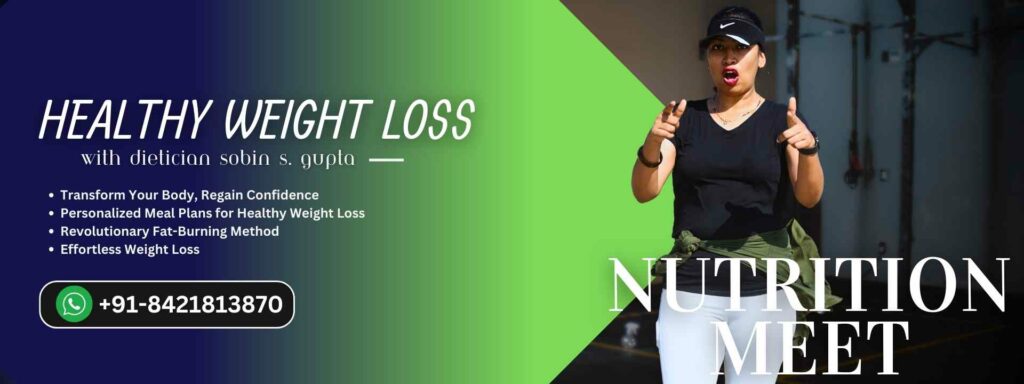
Cause of hypertension
The reason for everyone having a high blood pressure condition might differ or may have exposure to one or more causative agents mentioned below, which may increase the risk of hypertension [2, 3, 4, 6].
- Increase in salt intake/absorption.
- High cholesterol
- The genetic ability of an individual to respond to the salts
- Abnormal salt sensitivity
- Renal or adrenal disease
- Aging
- Medications
- Birth control pills
- Insufficient intake of dietary potassium
Diagnosis of hypertension
Once you feel any signs and symptoms of hypertension or you are someone who has crossed 50 but has no symptoms must take a routine laboratory test to find out the status of hypertension. Specifically, when you have measured your blood pressure reading equal to or more than 130/80 mmHg.
A routine blood and urine test is recommended to check for conditions like high cholesterol and blood sugar, which worsen high blood pressure. Ambulatory monitoring (blood pressure check at regular intervals of 6 or 24 hours), Electrocardiogram (ECG), and Echocardiogram are some of the other tests mandatory for hypertension patients [7].
High blood pressure symptoms
There are people who might suffer hypertension problems but remain asymptotic hence at times, causing delayed diagnosis. However, some might have the following signs and symptoms of hypertension [6, 1].
- Hypertensive encephalopathy (mental status change and severe elevation of blood pressure)
- Chest pain
- Shortness of breath
- Acute pulmonary edema (abnormal collection of fluid in the lungs) [5]
- Dizziness
- Vision problem

Blood pressure natural remedies
Have you seen people roaming with a separate bag or a separate compartment for the medicines? There is a high chance that they are not carrying first aid kits but pills for hypertension, diabetes, or other common chronic diseases.
No offense against them; the talk is about the hidden side effects people face due to the consumption of these pills, which claim to keep in control one particular type of health condition but becomes the reason for others.
But have you ever thought about the natural remedies followed by our ancestors that can be equally effective with no or minimal side effects? Nevertheless, nowadays quite accepted by medicine/science, as the research on biomolecules proves their role in the treatment/prevention of various diseases.
Hypertension is no exception; it may also be prevented/treated using various natural methods.
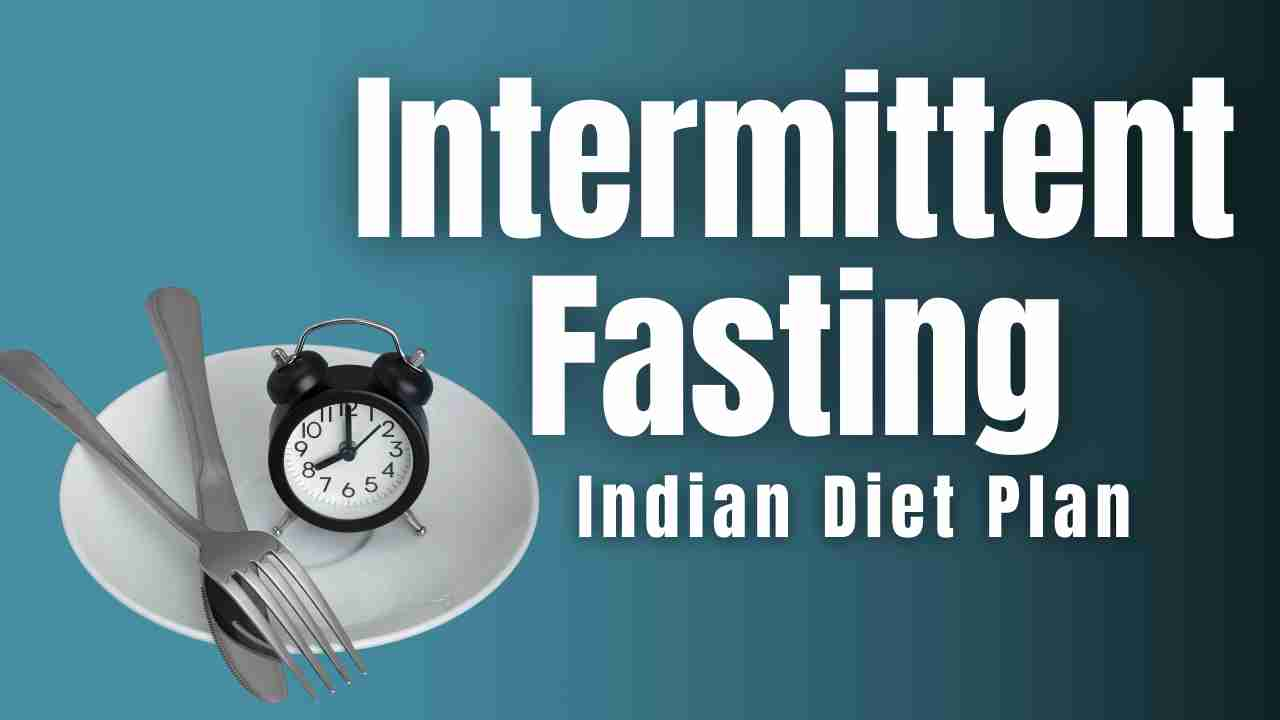
Best 7 days Intermittent fasting diet plan Indian

The Truth About Calorie Counting: Balancing Weight Loss and Mental Health
Naturally occurring medicinal plants.
Garlic (Allium sativum)
Garlic is readily available in every kitchen, which differs from other ingredients of curry through its peculiar odor. Moreover, this odor is produced by allicin, which is also responsible for most of the health benefits.
The garlic prevents or lowers blood pressure only in patients with higher systolic pressure, not those with normal systolic pressure [9]. Lowering blood pressure is achieved since it increases nitric oxide production, which in turn relaxes smooth muscle relaxation and vasodilation.
Bread fruit (Artocarpus altilis)
The breadfruit is mostly found in southern parts of India and is traditionally used as a cardio-protectant. According to the research, oral consumption of aqueous extract may help in the management of hypertension by protecting the cardio functions by decreasing the Heart rate and reducing contractility and infarct size in the case of myocardial injury [10].
Green Oat (Avena sativa)
Oats are mostly popular among health enthusiasts for their Dietary protein and soluble fiber. However, little we know is that it can also be consumed by people looking forward to natural foods to control high blood pressure.
The research concludes that oats consumption significantly reduces both systolic blood pressure and diastolic blood pressure. The reason behind the change is speculated to be the presence of high fiber and protein, which helps in the management of high blood pressure [11, 12].

Tea (Camellia sinensis)
Although the role of tea in cardiovascular health is always contradictory since the researchers provide no evidence on the benefit of tea on hypertension, in contrast, the population study is linked to a decrease in the risk of developing high blood pressure. For example, according to control trial research with 1367 subjects on the consumption of green tea and changes in blood pressure were measured, and it was found that it did favor, hence the decrease in hypertension [13].
Ajwain (Carum copticum)
Ajwain has many health benefits, among which is the management of hypertension. According to the clinical trial, the crude extract of Ajwain between 1-30 mg/kg was effective in reducing the high blood pressure and heart rate of anesthetized normotensive (NMT) rats. The presence of calcium antagonists in its seeds was considered the reason behind the fall of high BP [14].
In short, there is a long list of natural products and plants that can prevent and be kept handy to manage hypertension. However, to name some plants are Karpurvali (Coleus forskohlii), Virginia dayflower (Commelina virginica), Hawthorn (Crataegus pinnatifida), Swamp lily (Crinum glaucum), Giant dodder (Cuscuta reflexa), Carrot (Daucus carota), Osbeck (Desmodium styracifolium), etc. [15]
Yoga Asanas for Hypertension
Yoga and a yogic lifestyle more or less have an answer for most human problems; hence same goes for hypertension. Moreover, curing hypertension through yoga along with a balanced diet (which may be taken help of experts in the area) is a natural and safe way to control high blood pressure problems. Eventually, you may stop taking your daily dose of pills.
Following are some of the yoga poses, if practiced regularly, can cure/prevent hypertension:
- Sukhasana (Easy pose)
- Shishuasana (child pose)
- Vajrasana (Diamond Pose)
- Ardha Matsyendrasana (Sitting half spinal twist)
- Viparita Karani mudra (legs up against the wall)
- Adho Mukha Svanasana (Downward Dog Pose)
It’s not mandatory that you need to do yoga only to prevent/manage hypertension; other than yoga, you may also do any moderate exercise, jog, or walk. The underline message is to be physically active.
High blood pressure food to avoid
We cannot avoid eating since it is an essential part of our life; balanced nutritious foods are building blocks of our bodies. However, on the other hand, modernization has given access to instant processed foods which may harm our bodies in many ways, including worsening hypertension.
The following are the foods that may cause or worsen, hence further increasing the high blood pressure.

Benefits and Types of Pranayama and Precaution

Yoga Asanas for Beginner’s weight loss
Salty foods (Sodium)
The salt, or specifically sodium constituent of salt, can cause various heart diseases, including hypertension. The major player is table salt, which you must avoid since 40% is sodium in it.
According to the American Heart Association guidelines, an individual should not consume more than 2300 mg of sodium, but processed fast foods and other processed foods contain high salt, which easily crosses the upper limit, hence the problem like hypertension [16].
The following are the most common high in sodium foods [19]
- Frozen pizza (512 mg of sodium)
- Pickles (high salt to preserve, 448 mg)
- Canned Soup (2140 mg)
- Soups
- Burritos and tacos
- Bread and rolls
Processed meats and red meats
Although the exact mechanism through which processed or cured meat and red meat cause hypertension is still unclear, some studies have noticed that consumption might be related to a 12-14% risk of hypertension and should be avoided [17].
Sugar
Sugar is the slow poison we consume throughout the day since it contributes to several diseases. It can lead to hypertension as well through various channels; the consumption of sweet high sugary foods may lead to obesity in adults as well as children, which may increase the chance of hypertension.
For instance, in a trial, females with high pressure noticed that a reduction of sugar by 2.3 teaspoons could decrease 8.4 mm Hg systolic and 3.7 mm Hg in diastolic blood pressure [20].
Alcohol
Alcohol consumption might induce pleasure for a short time ranging from a few min to hours but can adversely affect our bodies in the long run. Nevertheless, clinical studies have found a strong relationship between alcohol consumption and hypertension.
The possible causes for hypertension upon alcohol consumption could be an imbalance of the central nervous system, impairment of the baroreceptors, enhanced sympathetic activity, stimulation of the renin-angiotensin-aldosterone system, increased cortisol levels, increased vascular reactivity due to an increase in intracellular calcium levels [18].
Final Line
Hypertension is a severe condition with potential devastating consequences. Lifestyle changes like a healthy diet, exercise, stress management, and regular checkups can help control and even reverse it.

